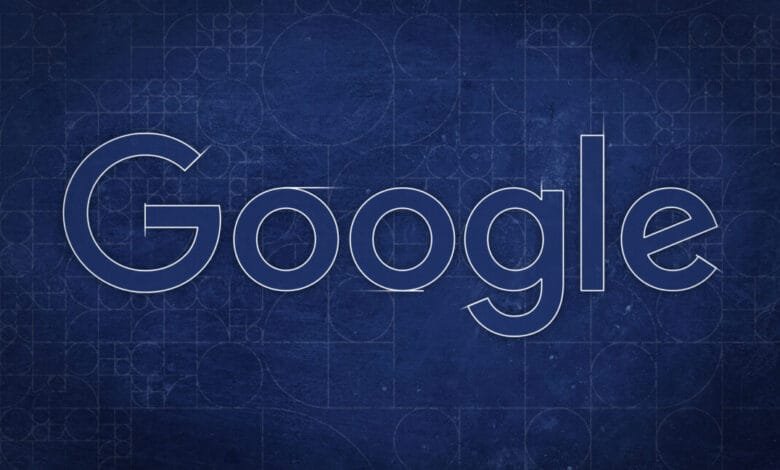Google’s AI Tools: The Hubris Behind Zero-Click Searches

▼ Summary
– Google periodically releases major “core updates” that significantly impact search rankings, with the March 2024 update being one of its largest and longest rollouts.
– The March 2024 update aimed to combat spam and AI-generated content but caused dramatic traffic shifts, harming some legitimate publishers while increasing volatility.
– This update marked Google’s first major algorithm change for the AI era, targeting AI-authored content and integrating AI deeper into search functionality.
– Google introduced new AI features like “AI Mode” to keep users on its platform longer, often repurposing publisher content without clear attribution.
– Smaller publishers were disproportionately affected by the update, as Google’s dominance in search makes algorithm changes particularly disruptive for niche content.
Google’s search algorithm updates have always shaped online visibility, but the March 2024 core update marked a turning point in how AI influences search results. Unlike previous adjustments, this rollout spanned weeks and triggered dramatic shifts in website traffic—some publishers saw legitimate content plummet while others faced unpredictable fluctuations. With Google dominating search, even minor tweaks ripple across the web, but this update redefined the rules entirely.
The company framed the changes as a crackdown on spam and low-quality AI-generated material. However, many content creators argue the collateral damage extended far beyond problematic sites. The update didn’t just filter out junk—it accelerated Google’s push toward AI-driven responses that keep users within its ecosystem. Features like AI Overviews and the newer “AI Mode” summarize information directly on search pages, often pulling from third-party sources without clear attribution.
Smaller publishers, in particular, felt the sting. Jim Yu, CEO of BrightEdge, notes that while Google remains the primary platform for niche content discovery, its algorithm shifts disproportionately impact independent creators. “There’s no denying these updates destabilize publishers operating on thinner margins,” Yu explains. The trend toward zero-click searches—where answers appear without requiring site visits—further compounds the challenge.
What makes this evolution contentious isn’t just the volatility it introduces, but Google’s dual role as both curator and competitor. By repackaging external content into AI-generated snippets, the platform risks undermining the very sources it relies on for accurate information. The March update may have been marketed as a quality cleanup, but its lasting legacy could be how it reshapes the balance of power between search engines and content creators.
(Source: Ars Technica)
